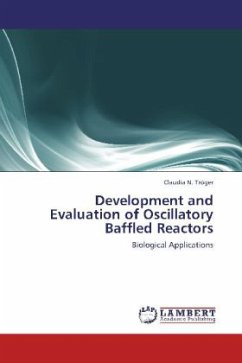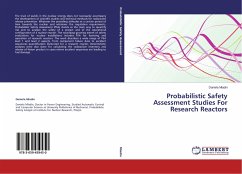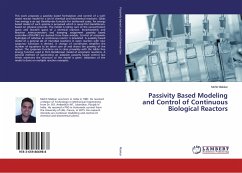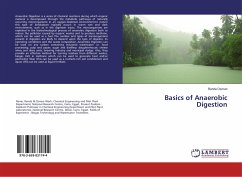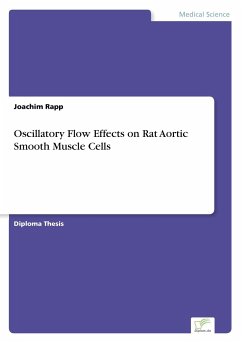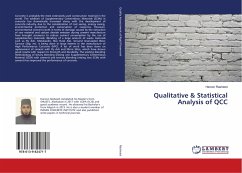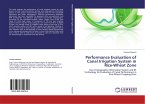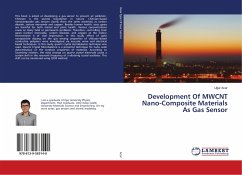Oscillatory baffled reactors are plug flow reactors, where tubes fitted with orifice plate baffles superimpose an oscillatory motion upon the net flow. The interaction of the baffles with the process fluid generates uniform mixing and enhanced transport rates, whilst maintaining plug flow conditions. Unlike conventional tubular reactors, where a minimum Reynolds number must be maintained, the tube-side mixing is independent of any net flow allowing long residence times to be achieved in a reactor of reduced length-to-diameter ratio leading to much more compact designs. This suggests a niche application in converting long reactions from batch to continuous processing. Since the major advantages of the OBR are its uniform, controllable mixing, which can enhance gas-liquid mass transfer, and lower, more uniform shear rates than in a stirred tank reactor, it should be suitable to intensify biological reactions. In this work two different fermentation systems were studied, firstly, the fermentation stage of the beer production process, secondly, the production of biopolymers by Pseudomonas putida KT2442, to investigate the possibility of process intensification in biological systems.
Bitte wählen Sie Ihr Anliegen aus.
Rechnungen
Retourenschein anfordern
Bestellstatus
Storno

